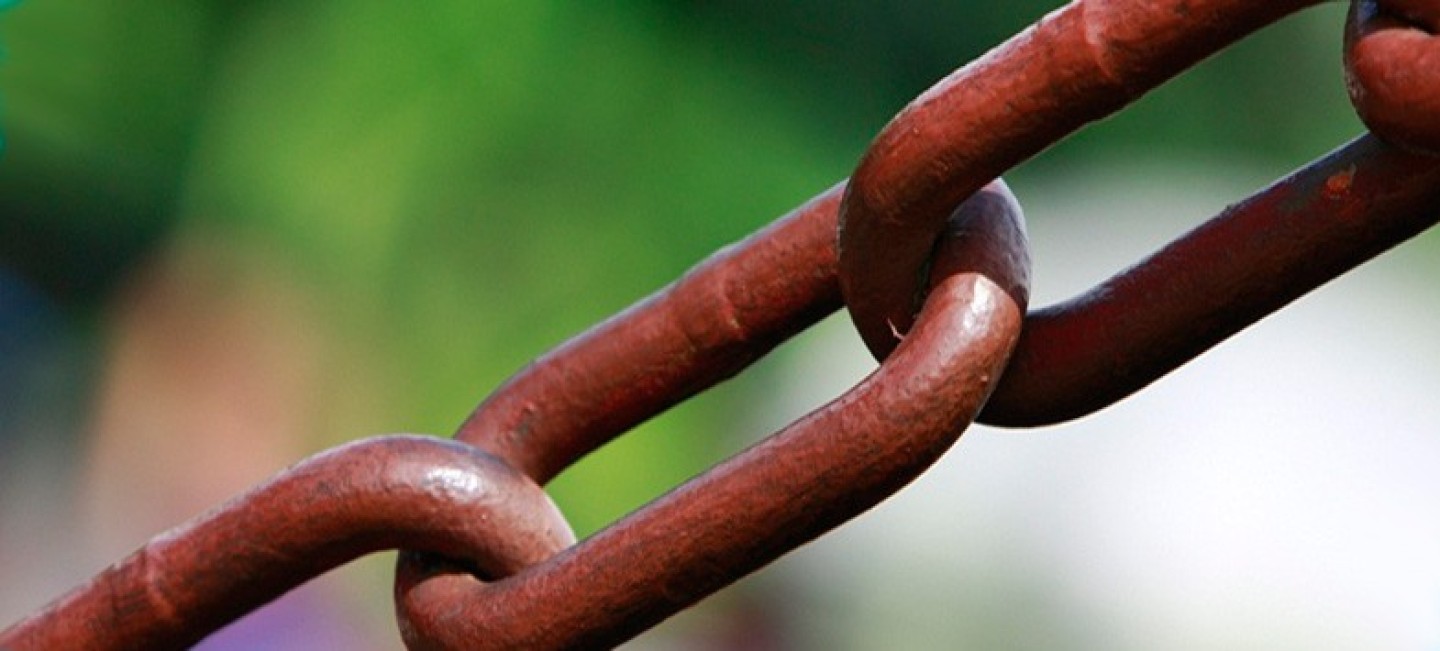Do you have a high FICO credit score? FICO stands for Fair Isaac Corporation, which is the company that created the industry standard credit scores used by almost all loan lenders.
If you have a high credit score, you’re one of the lucky ones. When a loan lender looks at your credit report, a higher credit score shows how likely you are to repay a loan on time. The higher your credit score, the more likely you will be approved for a line of credit.
1. Myth: If you always pay bills on time, you don’t need to worry about checking your credit report or credit score.
Busted: Sometimes mistakes can creep onto your credit report, from innocuous stuff like incorrect date of birth or missing accounts that are in good standing. Identity theft can also be a problem where someone has fraudulently opened accounts in your name. It’s recommended to check your report yearly to make sure the information on file is correct.
2. Myth: Your credit score is merged with your spouse’s credit score.
Busted: Credit scores are not like assets that become merged upon marriage. Your credit score is yours and no-one elses. But your partner’s credit history can affect your ability to qualify for credit together.
3. Myth: Checking your own credit report can hurt your credit score.
Busted: You can check your credit score as often as you wish, but it doesn’t change your credit score.
4. Myth: Opting out of pre-approved offers will benefit your credit score.
Busted: Occasionally you may receive pre-approved offers through the mail coming from banks. If you are opting out to stop receiving junk mail, sure, go ahead. But opting out of these offers will not benefit your credit score what-so-ever.
5. Myth: If you correct an error on a credit file with one credit reporting agency, the correction will carry through to all agencies.
Busted: Each credit bureau maintains its own separate database. When you find an error on your credit report from one of the three major agencies, you should also check if it also appears on the credit reports from the other two.
6. Myth: Settling a judgment or lien will remove that item from your credit reports.
Busted: Most negative events that have been resolved will fade away from your report after 7 years, except for bankruptcies that can last up to 10 years. They do not disappear immediately after being settled.
7. Myth: You can’t have any negatives on your report.
Busted: If you have a missed payment or you’ve even been bankrupt, don’t worry too much. Over time, negative marks against your report fade away into less significance. It’s the most recent credit data that is used in calculating your credit score.
8. Myth: Requesting a lower credit limit will benefit your credit score.
Busted: If you can control your spending and finances, there’s no point asking for a lower credit limit because it will not benefit your credit score. But keep in mind, lowering your credit limit will effectively increase your debt to credit ratio and this would have a negative effect.
9. Myth: Filing for divorce will release you from financial responsibility for an account.
Busted: No. Since your credit score is yours and no-one elses, your credit score follows you, regardless. If you have joint debts between you and your ex, divorce settlements do not carry weight with creditors.
10. Myth: Using debit or check cards can help rebuild your credit score.
Busted: Debit/check cards have no bearing on your credit score. However, if you overdraw your account using a check card and fail to repay the negative balance, this may harm your credit score if the bank files for collection.
11. Myth: The higher your credit score, the lower interest rate you’ll get.
Plausible: This is not always the case because loan lenders calculate interest rates using a grading system. Scores that fall within a specific range will be given a grade corresponding to a particular interest rate.
That means a score that is at the top of the range wont get a better rate than a score at the bottom of the range. Eg, a score between 760 and 850 might get an “A” grade and be eligible for the lender’s lowest interest rate. Therefore, raising your score from 760 to 800 would not affect your interest rate.
12. Myth: Your credit report will show a zero balance for any credit cards paid off before the due date.
Busted: It’s not the due date that’s important. Lenders usually report to the credit bureaus on the statement closing date that appears on your statement. It’s generally 20 to 25 days before the due date.
13. Myth: Your salary and your level of education can affect your credit score.
Busted: Neither your salary nor your level of education affects your credit score. Lenders may consider this information, but it does not change your FICO score.
Posts related to 13 Credit Score And Credit Report Myths Busted
Why You Should Cut Your Business Credit Cards In Half How To Make Money Online With Google AdSense
How To Make Money Online With Google AdSense 8 Reasons Why The Best Small Business Accounting Software Is QuickBooks
8 Reasons Why The Best Small Business Accounting Software Is QuickBooks New SEO Strategy: Grab Expired Domains With High PR
New SEO Strategy: Grab Expired Domains With High PR



 8 Google SEO Mistakes That Will Choke Your Search Ranking
8 Google SEO Mistakes That Will Choke Your Search Ranking This Is How Google Search Engine Ranking Really Works
This Is How Google Search Engine Ranking Really Works New SEO Strategy: Grab Expired Domains With High PR
New SEO Strategy: Grab Expired Domains With High PR
